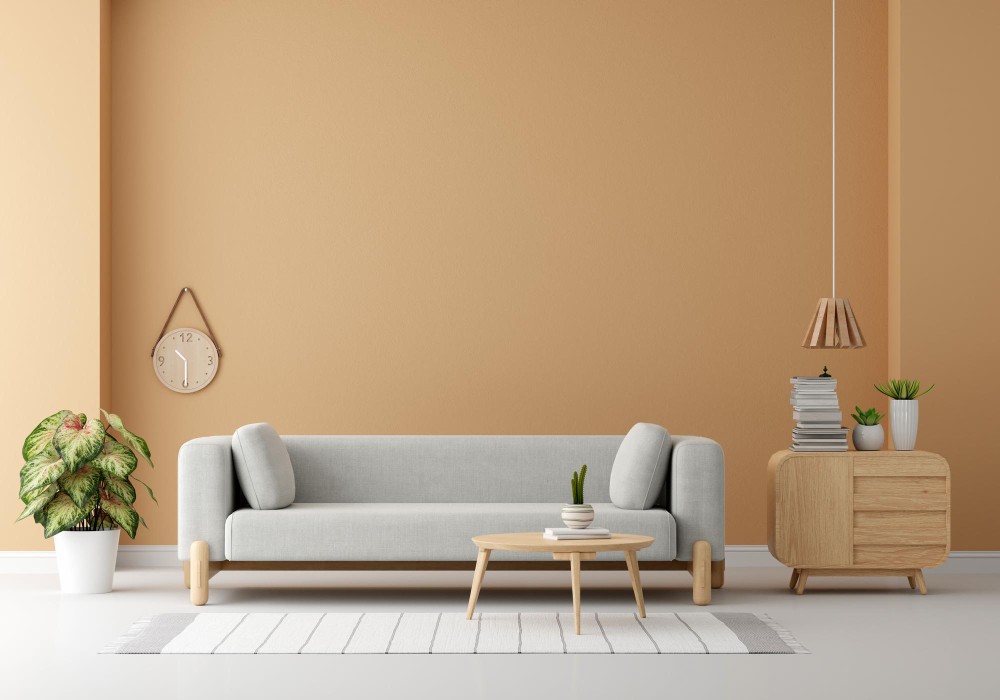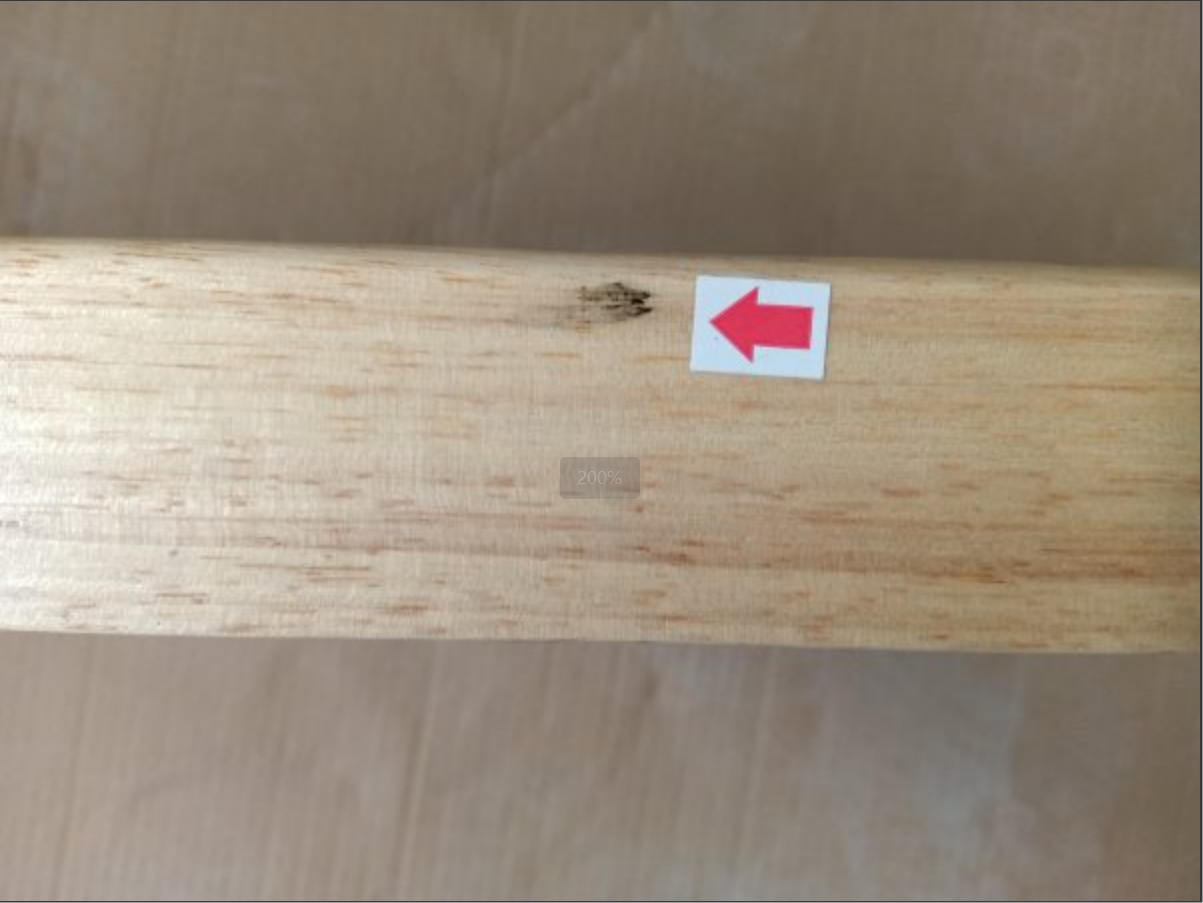
Supplier Audit and Furniture Inspection in Malaysia
Malaysia is a leading furniture manufacturer and exporter in the world, supplying high-quality wooden, metal, upholstered and rattan furniture to the international market. To ensure product reliability and regulatory compliance, companies must implement furniture inspection and supplier verification to ensure that manufacturers meet industry standards.
We provide comprehensive furniture inspection services in Malaysia to help companies detect defects, verify materials, and assess supplier reliability before production and shipment. With our expertise in supplier audits and quality control, we ensure that furniture buyers receive high-quality, defect-free and compliant products.
Overview of Malaysia Furniture Industry
The Malaysian furniture industry has long been an important pillar in the country's manufacturing and export sectors. With its high-quality wooden furniture, innovative designs and competitive prices, Malaysia has successfully established itself as a leading furniture exporter in Southeast Asia. Over the years, the industry has continued to grow and seek opportunities to expand into international markets.
Malaysia has several furniture manufacturing centers, including:
- Kuala Lumpur – a major hub for furniture design and innovation.
- Penang – Home to large furniture exporters and manufacturing facilities.
- Johor Bahru (Johor Bahru) - the core area of furniture production and supply chain operations.
- Selangor – home to high-tech factories specialising in wooden, metal and modular furniture.
- Malacca - a centre of traditional crafts, famous for its custom-made wooden furniture.
- Kuching and Kota Kinabalu – emerging furniture manufacturing areas in East Malaysia.
Export Performance <br>Industry reports show that Malaysia's furniture exports will reach approximately US$3.24 billion in 2022, with the United States being the largest buyer, accounting for more than 30% of total exports. Other important markets include Japan, Singapore, Australia and the United Kingdom. This solid export performance is due to Malaysia's abundant timber resources, relatively low labor costs and solid manufacturing base. The government has also played an important role by providing incentives to encourage companies to invest in modern equipment, sustainable production methods and design capabilities, helping Malaysia maintain its position as a top global furniture center.
Craftsmanship and Sustainability <br>One of the reasons for the success of the Malaysian furniture industry is that it is known for its high-quality wooden furniture. Many companies use local woods such as rubberwood and acacia for their durability and aesthetics. In recent years, the industry has paid more attention to environmentally friendly practices and adopted certified sustainable materials to meet the global demand for green products. By keeping up with international standards, Malaysia has established itself as a responsible exporter that values quality and the environment.
E-commerce and changing consumer preferences
The rise of e-commerce and digital marketing has also boosted the industry. Many Malaysian furniture manufacturers have reached a wider customer base at home and abroad through online showrooms and social media. This shift has helped companies stay ahead of the competition and adapt to changes in consumer demand - especially in urban areas where living space is limited, and there is a growing demand for space-saving and multifunctional furniture .
Challenges in a competitive environment <br>Despite its significant advantages, the Malaysian furniture industry still faces challenges such as rising production costs, global economic uncertainty and fierce competition from countries such as Vietnam and Indonesia . Global events in recent years have led to supply chain disruptions, prompting companies to re-examine their sourcing strategies. To this end, many companies have begun to explore alternative materials and strengthen local supply chains to improve risk resilience.
Government Support and Future Outlook <br>Despite the challenges, the Malaysian furniture industry still has ample room for growth. Agencies such as the Malaysian Timber Industry Board (MTC) and the Malaysian Furniture Promotion Council (MFPC) provide key support through grants, training and promotion activities, focusing on design innovation, modern production processes and establishing partnerships with international buyers. In addition, technical training programs and collaboration with design schools to cultivate skilled talent ensure that the industry remains creative and adaptable.
Importance of Supplier Verification in Malaysia
When sourcing furniture from Malaysia, it is crucial to verify suppliers. High-quality partners help maintain consistent quality, while choosing the wrong supplier can lead to delays, defective products, and contract disputes. A comprehensive supplier verification audit will assess the manufacturer's overall capabilities to ensure that they have the technical expertise, adequate equipment, and reliable processes to complete orders of varying sizes.
Key areas of assessment include:
- Equipment and Staff – Verify that equipment is well maintained and staff receive regular training.
- Standards compliance – Check compliance with ISO, EN, ASTM and BIFMA requirements to ensure product safety and durability.
- Quality Control Processes – Evaluate internal testing methods and verification measures to maintain output consistency.
- Sustainable practices – Investigate whether the source of raw materials is certified (such as FSC) and the implementation of environmental policies.
Sustainability has become a priority in global markets. By reviewing the origin of wood and the waste and emissions management of suppliers, importers can ensure they are working with environmentally responsible companies.
Risks commonly identified during audits include:
- Inexperienced subcontractors – Partners that are not rigorously screened can result in delays or reduced quality.
- Inadequate storage facilities – Overcrowded or poorly managed warehouses can damage materials and finished products.
- Outdated equipment – Inefficient machinery can slow production and increase the risk of defects.
By identifying these hidden dangers early, importers can promptly resolve the problem or switch to more reliable partners. Ultimately, strict supplier verification can protect brand reputation, avoid costly losses, and strengthen international business relationships.
Types of furniture produced in Malaysia

Malaysia produces a diverse range of furniture that requires specialized inspection and quality checks.
1. Wooden furniture
Hardwood furniture (teak, oak, mahogany) – durable and high-end quality.
Cork furniture (pine, cedar) - cost-effective but requires moisture resistance testing.
Artificial board furniture (MDF, plywood) - check the bonding strength and surface treatment.
2. Upholstered furniture
Sofas, chaise longues and armchairs upholstered in fabric, leather or synthetic materials.
The foam density and spring structure determine the comfort and service life of the product.
Inspection focus: padding hardness, stitching quality, fire resistance and frame stability.
3. Rattan and bamboo furniture
A popular choice in environmentally friendly furniture production, but susceptible to moisture and insect damage.
Proper curing and surface preparation are required to ensure durability.
Inspection focus: weaving consistency, termite resistance and structural integrity.
4. Metal furniture
For office, industrial and outdoor furniture.
Stainless steel, aluminum or iron frames are required for rust resistance and structural strength.
Inspection focus: welding quality, anti-rust performance and load-bearing capacity.
5. Office and commercial furniture
Desks, chairs, cubicles and modular office furniture.
It needs to meet ergonomic design, fire safety and durability standards.
Inspection focus: stability, material strength, load-bearing capacity and component flexibility.
6. Outdoor furniture
Garden chairs, patio furniture and poolside loungers are also provided.
Exposure to UV rays, humidity and adverse weather conditions.
Inspection focus: weather resistance, UV resistance and anti-corrosion materials.
Each furniture type requires specific quality inspections to prevent manufacturing defects and ensure regulatory compliance.
Common Defects in Furniture Inspection in Malaysia

Even high-end furniture manufacturers in Malaysia may produce defective products. Our inspection services help companies identify the following issues:
Surface defects – scratches, stains, uneven coating or discoloration.
Structural defects – loose joints, weak frames or improper assembly.
Manufacturing defects – misaligned components, burrs, or rough workmanship.
Material problems - wood deformation, insufficient strength of the soft bag material or poor quality of the filling.
Regulatory non-compliance – safety hazards, missing labels or substandard fire performance.
Discovering these issues before shipment ensures that buyers receive quality furniture.
Types of Supplier Verification Services in Malaysia
Factory Audit
Evaluate manufacturing processes, worker conditions, and quality control systems to ensure suppliers meet required standards.
Enterprise qualification verification
Confirm the supplier's legitimacy, corporate history and legal registration information, and verify credibility before cooperation.
Social responsibility compliance audit
Ensure suppliers comply with labor laws, workplace safety regulations and ethical standards, and support responsible sourcing.
Production capacity assessment
Evaluate the supplier's equipment, employee expertise and production capacity to determine whether they can complete large orders.
Pre-contract supplier audits
Help companies make wise decisions before signing contracts and reduce cooperation risks.
Supplier verification ensures buyers are working with reliable manufacturers that consistently deliver high-quality furniture.
Types of Furniture Inspection in Malaysia Provided by TESTCOO
Initial Production Inspection (IPI)
Evaluate raw materials, wood quality and upholstery material durability before production begins to prevent defects at the source. Learn more about our Early Production Inspection services .
Mid-production inspection (DUPRO)
Identify manufacturing defects mid-production so that manufacturers can correct them before mass production. Learn more about our mid-production inspection services .
Pre-shipment inspection (PSI)
Ensure final product quality meets customer requirements and verify packaging compliance. Learn more about our pre-shipment inspection services .
Container Loading Supervision (CLC)
Check the safety of packing, operational compliance and container condition to prevent damage during transportation. Learn more about our container loading supervision service .
Share this product

Supplier Audit and Furniture Inspection in Malaysia
We provide comprehensive furniture inspection services in Malaysia to help companies detect defects, verify materials, and assess supplier reliability before production and shipment. With our expertise in supplier audits and quality control, we ensure that furniture buyers receive high-quality, defect-free and compliant products.
